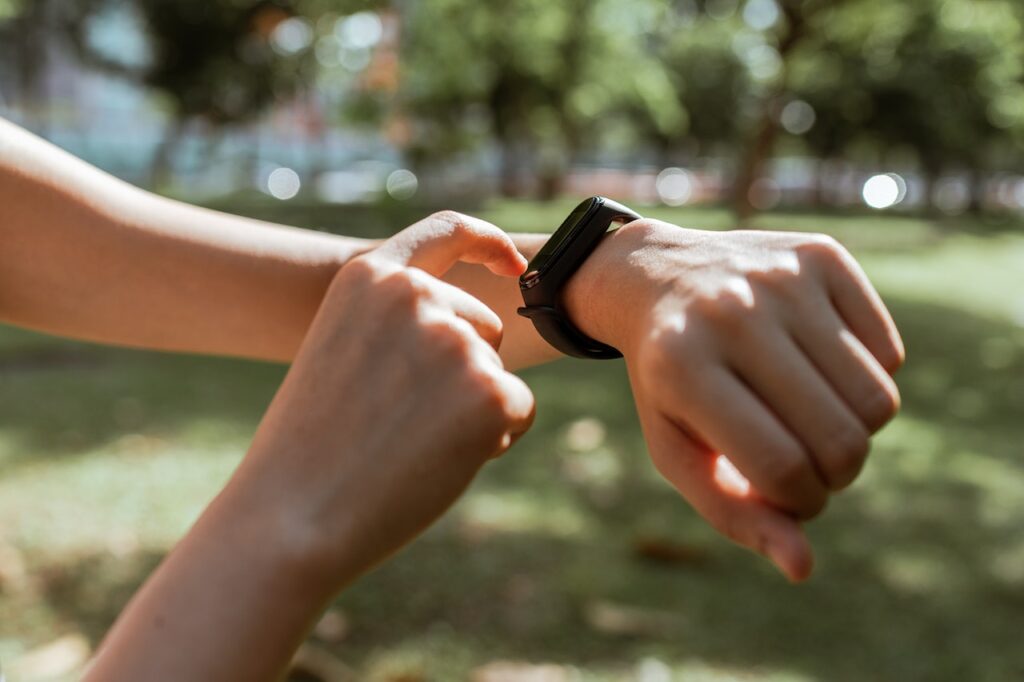A fitness tracker can be your secret weapon if you’re on a weight loss journey. This article will explore how fitness trackers can support your weight loss goals by providing valuable tracking features, motivation, and accountability.

- Activity and Calorie Tracking: Fitness trackers monitor your daily activities, including steps taken, distance traveled, and calories burned. By tracking these metrics, you better understand your energy expenditure and can adjust your diet and exercise routine accordingly. This awareness helps you create a calorie deficit essential for weight loss.
- Food Logging: Many fitness trackers offer food logging features or integrate with popular food tracking apps. This allows you to log your meals, track your macronutrient intake, and monitor your calorie consumption. By keeping a record of your food choices, you become more mindful of your eating habits and can make healthier choices to support your weight loss goals.
- Goal Setting and Progress Monitoring: Fitness trackers enable you to set specific weight loss goals and track your progress over time. Whether it’s a target weight, weekly/monthly goals, or body measurements, having tangible targets helps you stay focused and motivated. As you see your progress tracked on your fitness tracker, it serves as a reminder of how far you’ve come and encourages you to keep pushing forward.
- Heart Rate Monitoring during Workouts: Heart rate monitoring is beneficial for optimizing workouts and weight loss. By tracking your heart rate during exercise, you can ensure you work at an intensity that maximizes fat burning. High-intensity interval training (HIIT) and other targeted workouts can be tailored to your heart rate zones, helping you burn more calories and accelerate weight loss.
- Sleep and Stress Management: Fitness trackers that include sleep tracking and stress management features are crucial in weight loss. Sufficient sleep and effective stress management are both linked to healthy weight management. By monitoring your sleep patterns and stress levels, you can identify areas that need improvement and take steps to prioritize rest and relaxation, which supports weight loss efforts.
Conclusion: Fitness trackers provide valuable support and accountability for weight loss. By tracking your activity, calories, and food intake, setting goals, monitoring progress, and optimizing workouts based on heart rate, these devices empower you to make informed decisions and stay motivated. Additionally, prioritizing sleep and managing stress can create a holistic approach to weight loss. Invest in a fitness tracker and let it be your companion in achieving your weight loss goals.
Tags: Fitness trackers, Weight loss, Activity tracking, Calorie tracking, Heart rate monitoring
